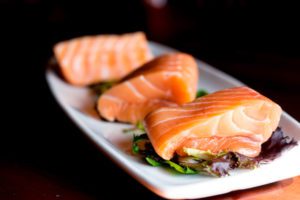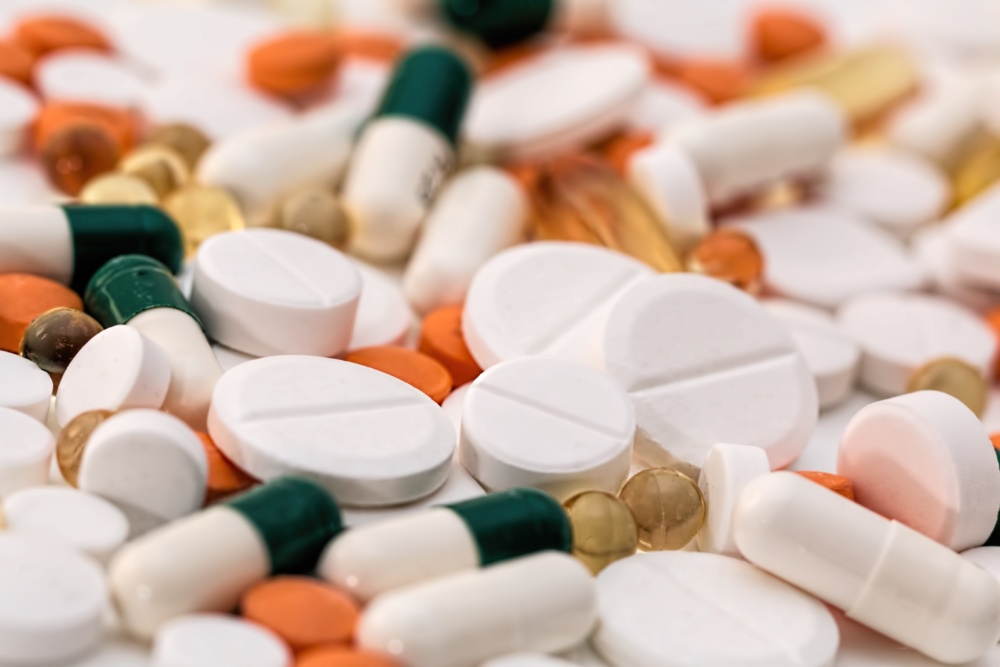Why You Should Be Including More Vitamin B12 in Your Diet
We all know that we should include a variety of vitamins and minerals in our diet like calcium for our bones, iron for our blood and vitamin A for our immune system. But what about the vitamin B12? It’s not a vitamin that’s widely talked about, but it can have a significant impact on our general health.
Vitamin B12 is essential in the production of red blood cells and in the maintenance of a healthy nervous system. It also helps your body to release the energy stored in the food that you eat. Without sufficient B12, you can start to feel tired, lethargic and faint. It can also cause cognitive impairment or “brain fog,” meaning that sufferers are less able to complete simple tasks that they previously found easy to do.
In extreme cases, it can lead to vitamin B12 deficiency anemia, which, in turn, affects red blood cell production and performance. Deficiency is most prevalent in those over the age of 75, but it can happen at any time if the proper precautions are not followed.
To avoid symptoms, make sure that you include suitable sources of the vitamin in your everyday diet. The recommended daily amount of vitamin B12 for an adult is around 0.0015 mg. This may sound like a small amount, but it can be easy to regularly fall short if you’re not careful.
 Vitamin B12 can be found in plentiful quantities in foods, such as meat, salmon, milk, cheese and eggs. If you’re an omnivore with a wide-ranging diet, then it should be easy to stay on top of ingesting enough daily. Local diets naturally rich in seafood, such as that eaten in the Bahamas, already provide a high level of the vitamin. However, if you have more restrictive eating habits, such as a vegetarian or vegan diet, you are in real danger of developing a deficiency.
Vitamin B12 can be found in plentiful quantities in foods, such as meat, salmon, milk, cheese and eggs. If you’re an omnivore with a wide-ranging diet, then it should be easy to stay on top of ingesting enough daily. Local diets naturally rich in seafood, such as that eaten in the Bahamas, already provide a high level of the vitamin. However, if you have more restrictive eating habits, such as a vegetarian or vegan diet, you are in real danger of developing a deficiency.
As B12 rich foods are now mostly derived from animals, vegans and vegetarians need to make an extra effort to eat enough of the vitamin. Easy additions to your diet include yeast extracts, such as Marmite or nutritional yeast, fortified breakfast cereals and replacement dairy products like fortified alternative milk, cheese and egg supplements.
Eating a healthy diet is not always enough, so if you feel you would benefit from the vitamin there is a wide range of vitamin B12 supplements available. Even vegetarian and vegan versions! You can ingest the vitamin as a tablet, via an oral spray or by intramuscular injection. While it is always important to strive for a diet chock-full of vitamins, minerals and other nutrients, but there’s no shame in taking them by hand sometimes.
As always, if you suspect that yourself or somebody you know may be suffering from a vitamin deficiency, please do speak to a doctor. They can advise the best course of action, offer further information on supplements and dietary changes and may even suggest a course of cyanocobalamin injections to bring someone’s B12 levels up quickly and safely.







Recent Comments